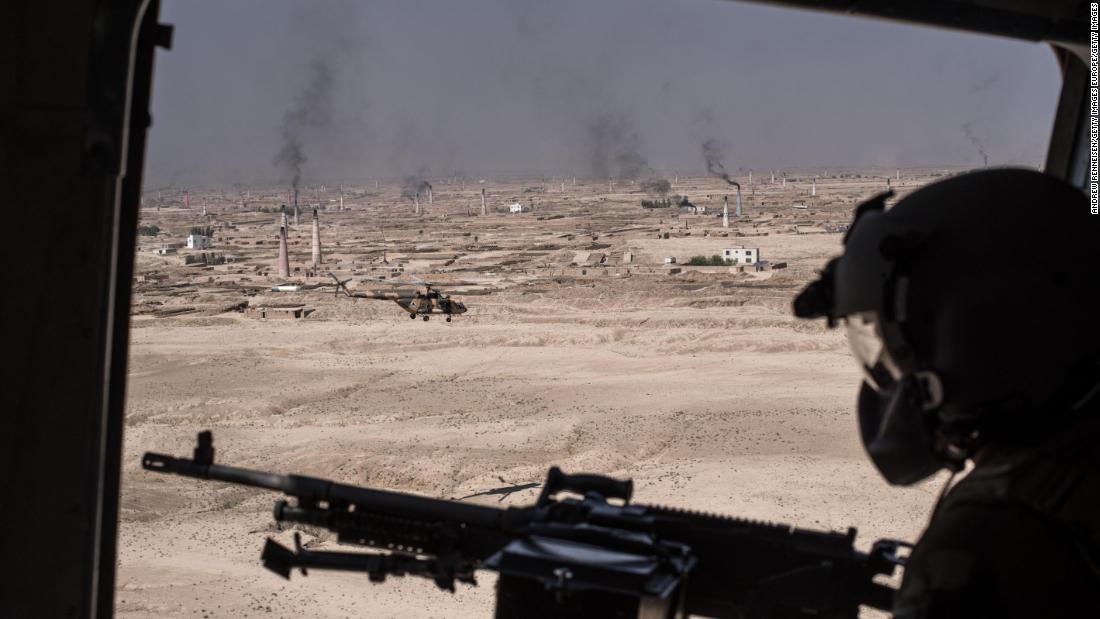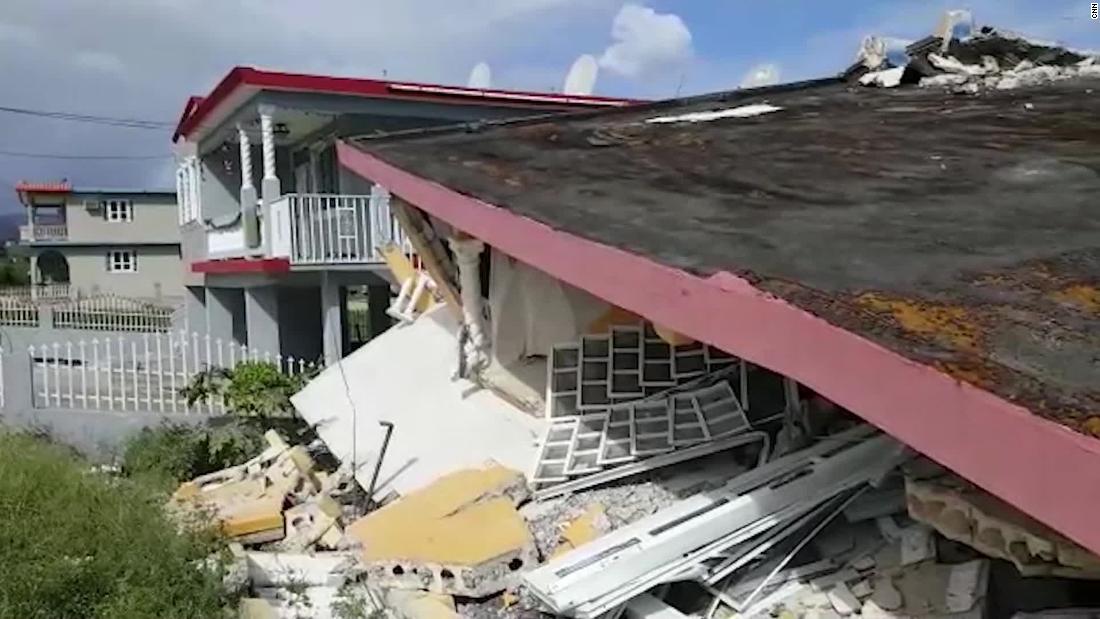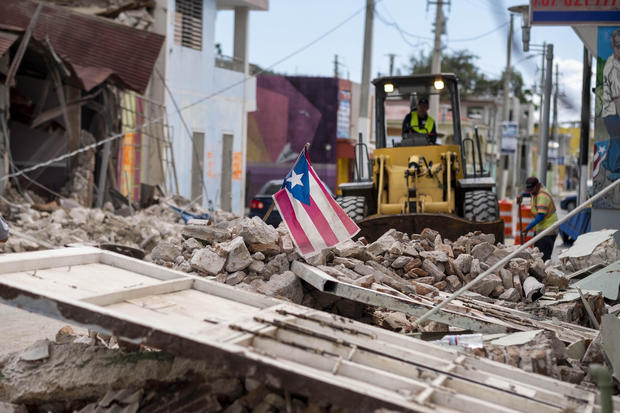
Protesters in Iran's capital, Tehran, have demanded the resignation of senior leaders following the admission of authorities - after days of denials - that Iranian forces accidentally downed a Ukrainian passenger plane, killing all 176 people on board.
The Ukraine International Airlines flight PS752 bound for Kyiv, Ukraine crashed minutes after takeoff from the Imam Khomeini International Airport in Tehran on Wednesday. It happened hours after Iran launched missile attacks on US forces in Iraq in retaliation for the US assassination of top Iranian commander Qassem Soleimani.
More:
Here are all of the latest updates as of Sunday, January 12:
Twitter users decry Trump's Tweets
Twitter users criticised Trump for saying he stood in solidarity with the Iranian people, noting that he previously threatened to attack 52 Iranian sites "very hard" as tensions between the two nations escalated earlier this month.
"How about you sit down and mind your own business?!" one Twitter user said.
Yes we saw how you stood with us when you threatened our cultural sites, starved Iranians with sanctions, and banned us from entering the US. How about you sit down and mind your own business?!
— M. Ali Kadivar محمدعلی کدیور (@MAliKadivar) January 11, 2020
بشین بابا! pic.twitter.com/wbK0KZrCAE
"Only on planet Trump can you ban Iranians from visiting their family in the US, deny them access to life-saving drugs, threaten to bomb their cultural heritage, and then claim that you are in solidarity with them," another Twitter said, referring to US sanctions against Iran and the US administration's Muslim ban.
Trump 'monitoring protests' in Iran
US President Donald Trump told Iranians in tweets in both English and Farsi that he stands by them and is monitoring the demonstrations.
"To the brave, long-suffering people of Iran: I've stood with you since the beginning of my Presidency, and my Administration will continue to stand with you," he tweeted.
"There can not be another massacre of peaceful protesters, nor an internet shutdown. The world is watching," he added.
"We are following your protests closely, and are inspired by your courage," he said.
The government of Iran must allow human rights groups to monitor and report facts from the ground on the ongoing protests by the Iranian people. There can not be another massacre of peaceful protesters, nor an internet shutdown. The world is watching.
— Donald J. Trump (@realDonaldTrump) January 11, 2020
Britain's ambassador to Iran briefly arrested
The United Kingdom confirmed its ambassador, Rob Macaire, was arrested briefly by Iranian authorities during demonstrations in Tehran. He was accused of "inciting" the protesters in front of the Amir Kabir University on Saturday.
Foreign Secretary Dominic Raab said the arrest was a "flagrant violation of international law" and repeated calls for Iran to de-escalate tensions.
"The Iranian government is at a crossroads moment," Raab said in a statement. "It can continue its march towards pariah status with all the political and economic isolation that entails, or take steps to de-escalate tensions and engage in a diplomatic path forwards."
Truth about Iran crash could not be hidden: Ukraine's Zelenskyy
The findings by Ukrainian experts in Iran meant that the truth about the crash could not be concealed, Ukrainian President Volodymyr Zelenskyy said in a televised address.
He also said that he had agreed with Iran's President Hassan Rouhani on the beginning of joint work to decode the black boxes of the Ukrainian plane that was shot down this week. He also urged Ukraine's international partners to be united and persistent until the investigation was complete.
Read the full story here.
Click here to read earlier updates
SOURCE: Al Jazeera and news agencies
https://news.google.com/__i/rss/rd/articles/CBMibWh0dHBzOi8vd3d3LmFsamF6ZWVyYS5jb20vbmV3cy8yMDIwLzAxL3Byb3Rlc3RzLWlyYW4tYWRtaXRzLWRvd25pbmctcGxhbmUtbGF0ZXN0LXVwZGF0ZXMtMjAwMTEyMDU1MDMwMjA0Lmh0bWzSAXFodHRwczovL3d3dy5hbGphemVlcmEuY29tL2FtcC9uZXdzLzIwMjAvMDEvcHJvdGVzdHMtaXJhbi1hZG1pdHMtZG93bmluZy1wbGFuZS1sYXRlc3QtdXBkYXRlcy0yMDAxMTIwNTUwMzAyMDQuaHRtbA?oc=5
2020-01-12 07:00:00Z
52780544880119







